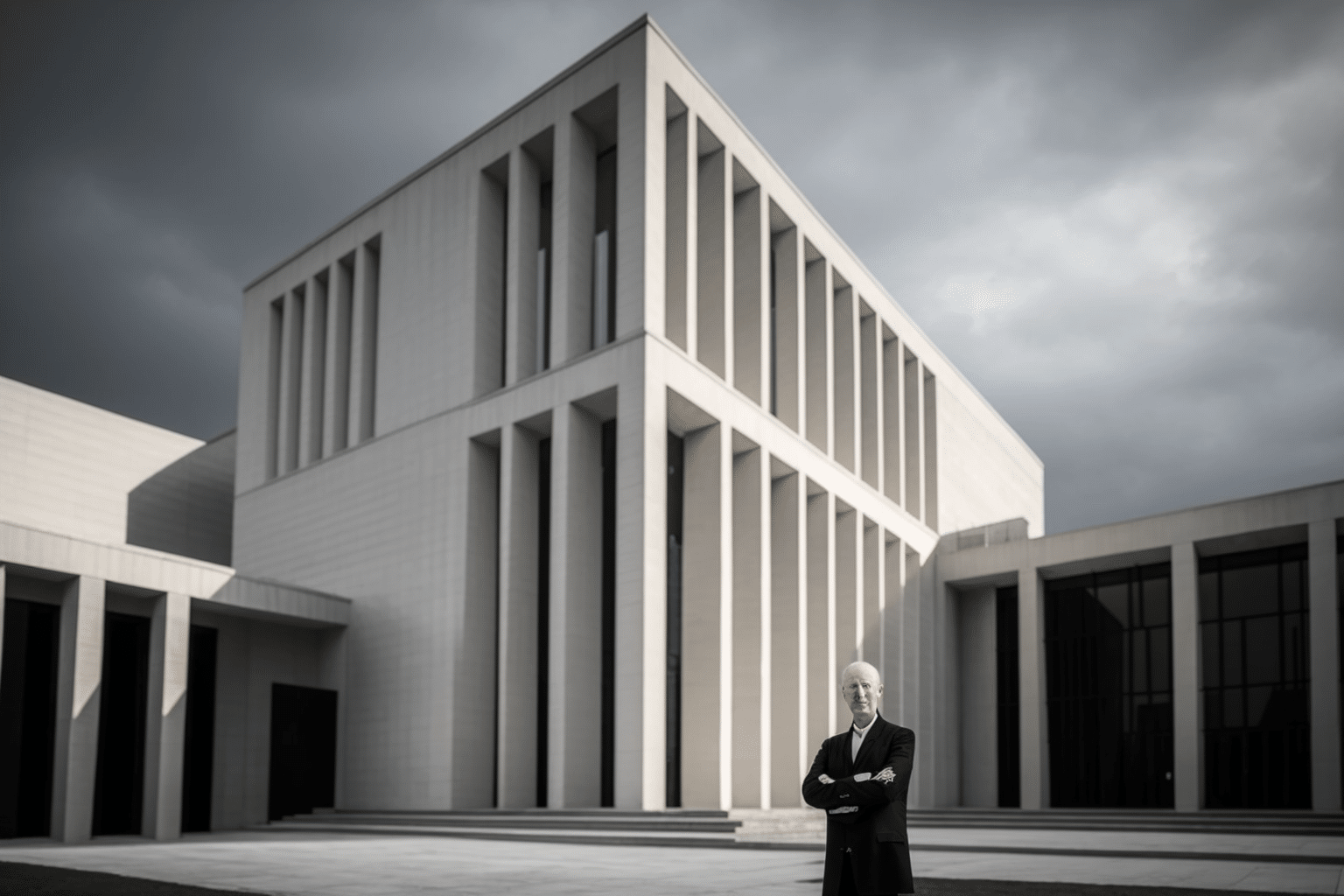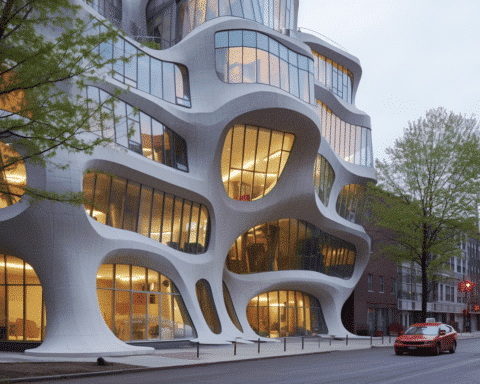The Pritzker Architecture Prize, the most prestigious award in the field, has been awarded to British architect and city planner David Alan Chipperfield. He was honoured on Tuesday for his “commitment to an architecture that brings forth a transformative civic presence with understated elegance.” His work spans over 40 years and encompasses over 100 projects, including cultural and academic buildings, urban planning, residences, and a recent addition to Berlin’s Museum Island complex.
Organizers praised Chipperfield’s work as “subtle yet powerful, subdued yet elegant” and noted his “timeless modern design” that addresses climate change, enhances social relationships and revitalizes cities. They also praised his commitment to society and the environment rather than following trends.
Chipperfield, based in London with offices in four other countries, has worked on projects across Asia, Europe, and the United States. His recent work in Berlin includes the James Simon Gallery at the Museum Island complex, which features “commanding yet discreet colonnades” and provides “generous views within and beyond.” He also completed the restoration and reinvention of the Neues Museum at the complex in 2009.
In an interview, Chipperfield spoke about the tension between architecture as an art and as a service and about his obligation to not just the clients who commission and pay for the work but to the people who will work, live, visit, or pass by the building every day. He emphasized that architecture should engage meaningfully with society and that museum projects allow architects to play with physical design elements and societal meaningfulness.
Pritzker Prize organizers also cited Chipperfield’s restoration of the 16th-century Procuratie Vecchie in Venice, Italy, and his headquarters for Amorepacific in Seoul, which harmonizes the private and public, and work and respite. They mentioned the Inagawa Cemetery Chapel and Visitor Center in Japan, where the physical and spiritual coexist in solitude and gathering. The jury noted that Chipperfield’s buildings are “designed specifically for each circumstance” and are not instantly recognizable across different cities.
Chipperfield was born in London and raised on a farm in Devon, where he said a collection of barns and outbuildings shaped his early impressions of architecture. He founded David Chipperfield Architects in London in 1985, which later added offices in Berlin, Shanghai, Milan, and Santiago de Compostela. He is the 52nd laureate of the Pritzker Architecture Prize, established in 1979 and comes with a $100,000 grant and a bronze medallion.
As a recipient of the Pritzker Prize, Chipperfield joins a distinguished group of architects recognized for their contributions to the field. He has already significantly impacted the world of architecture, and his work continues to inspire and influence the next generation of architects and designers.
Throughout his career, Chipperfield has demonstrated a commitment to creating beautiful and functional architecture that enhances the lives of those who interact with it. He has approached each project with a unique perspective, considering the local context, cultural heritage, and environmental considerations to create a truly fitting design for each location.
With his latest recognition, Chipperfield will likely continue to be a major force in the world of architecture, and his work will inspire and influence architects and designers for years to come. The Pritzker Prize is a testament to his exceptional talent and a recognition of his contributions to the field.
The Pritzker Prize awarded to British architect David Alan Chipperfield is a well-deserved recognition of his exceptional talent and contributions to architecture. His work, spanning over four decades, is a testament to his commitment to creating beautiful and functional architecture that enhances the lives of those who interact with it. He will continue to be a major force in the world of architecture, and his work will continue to inspire and influence architects and designers for years to come.




